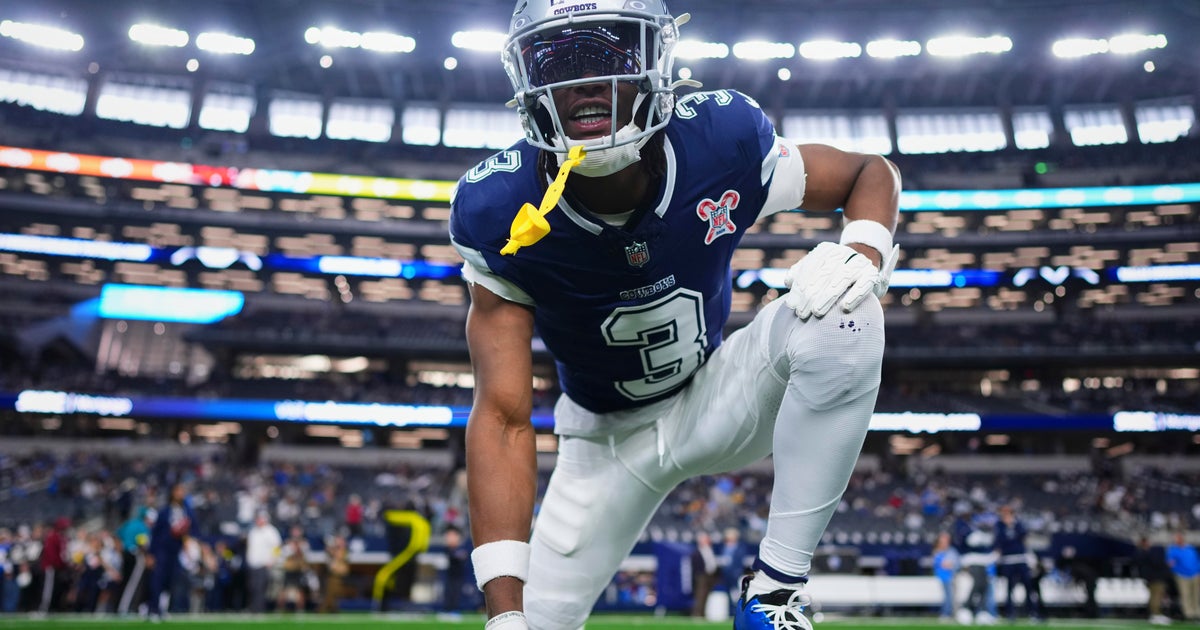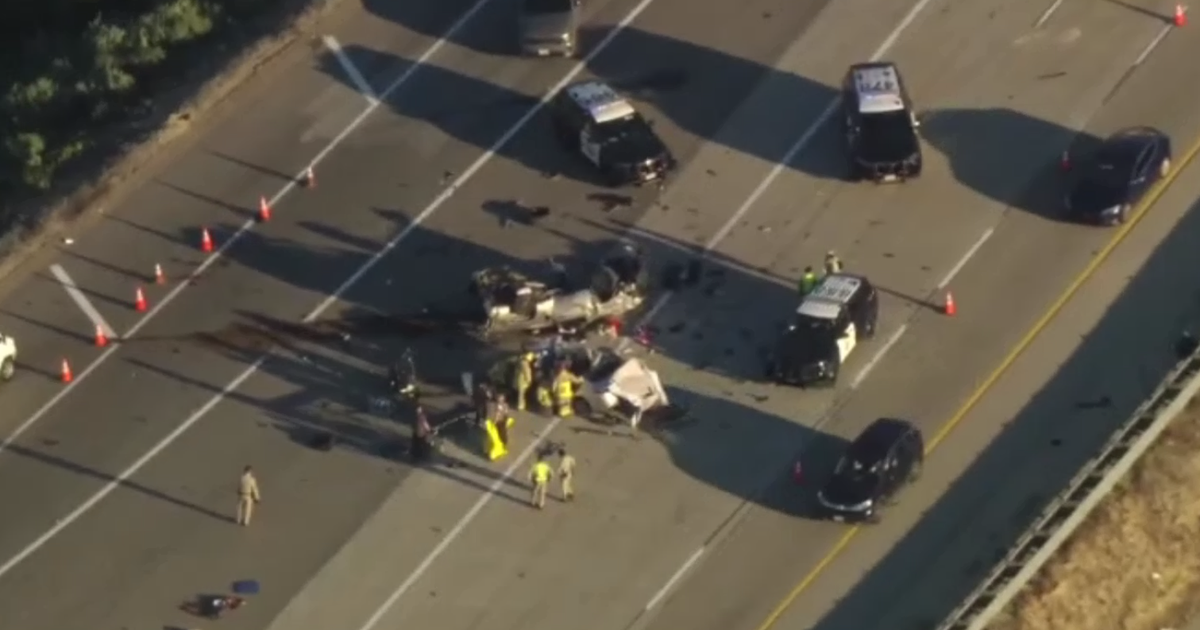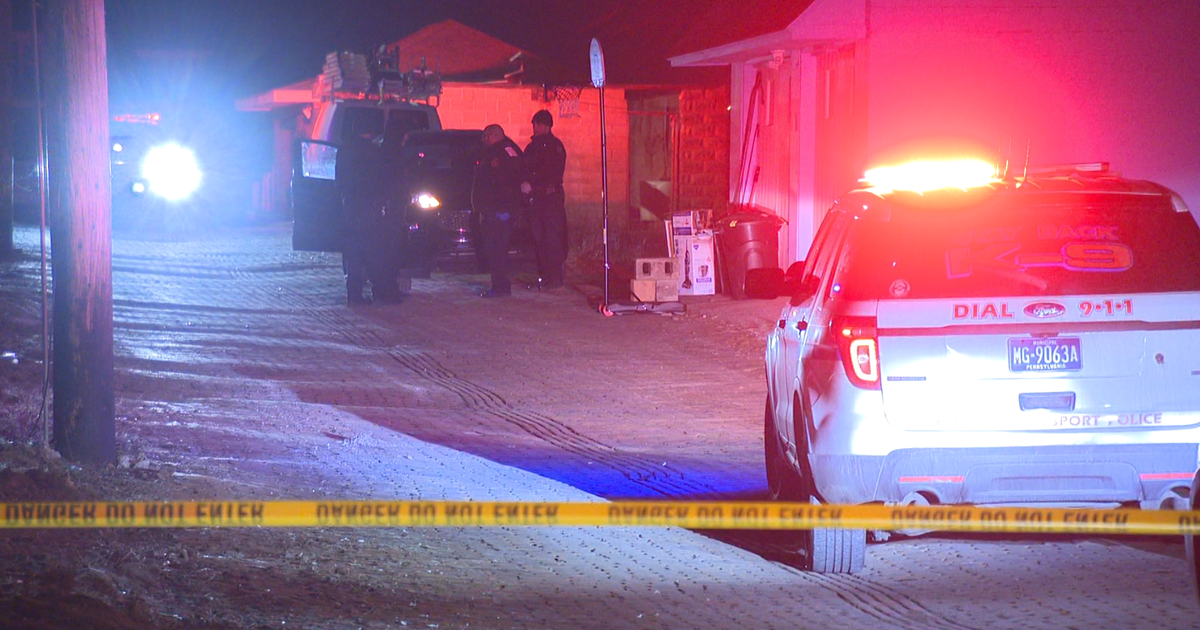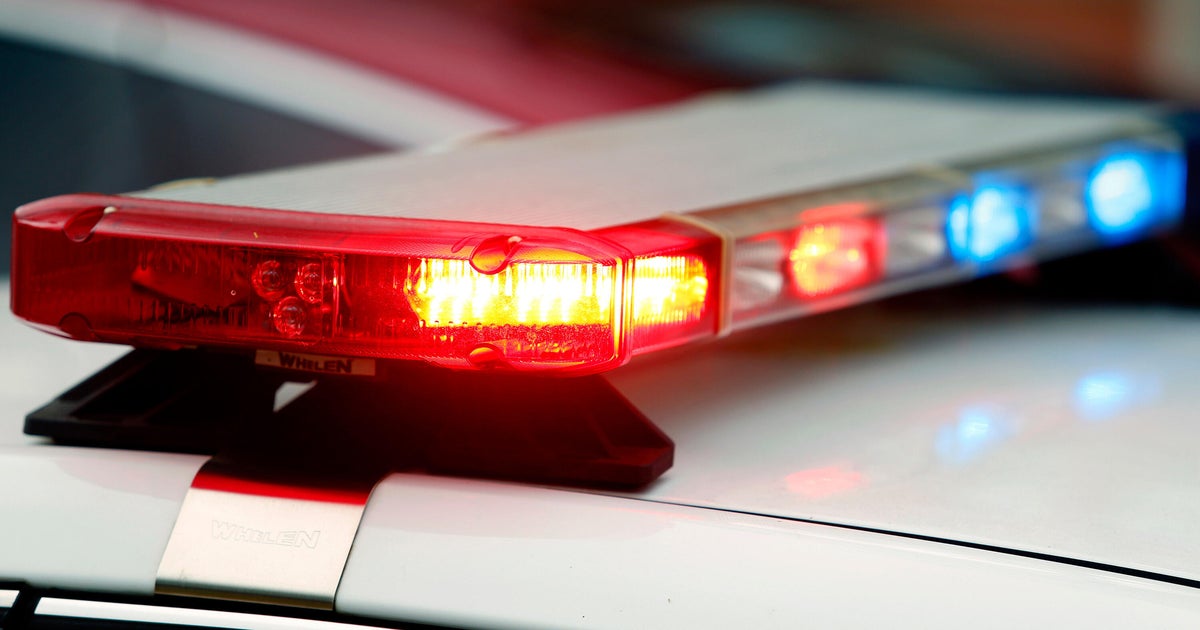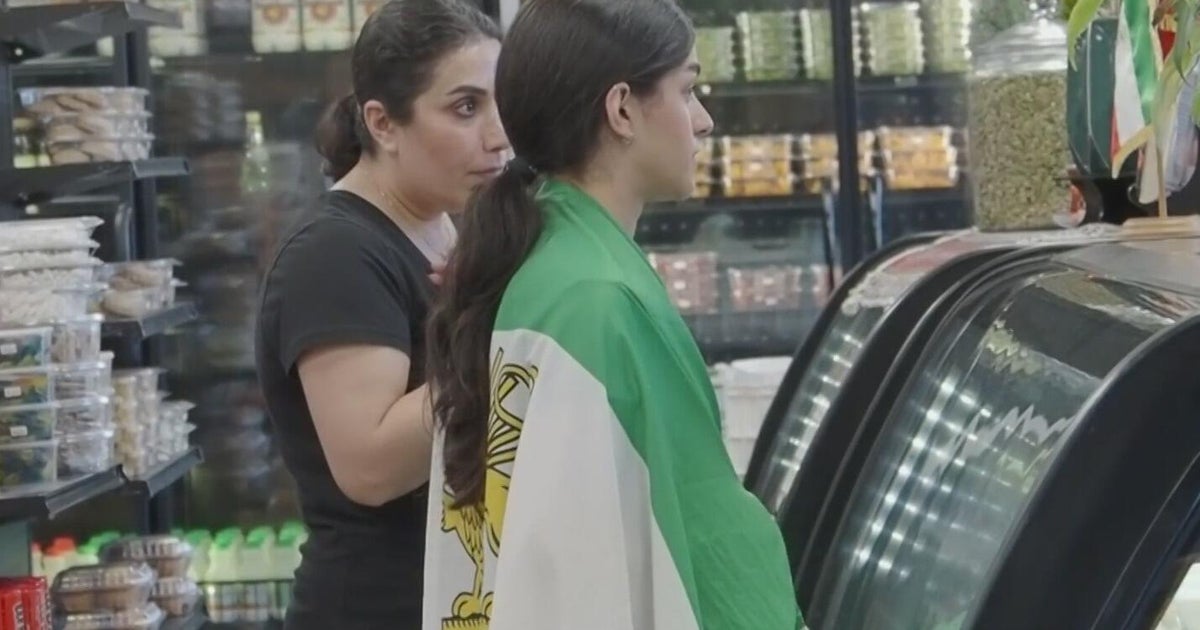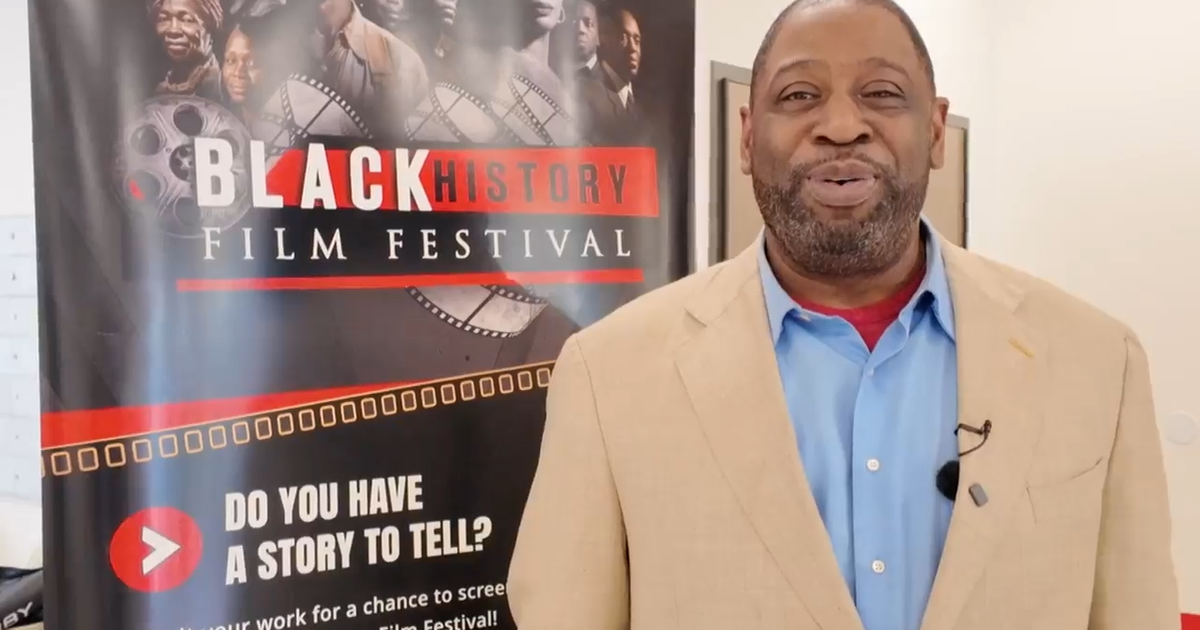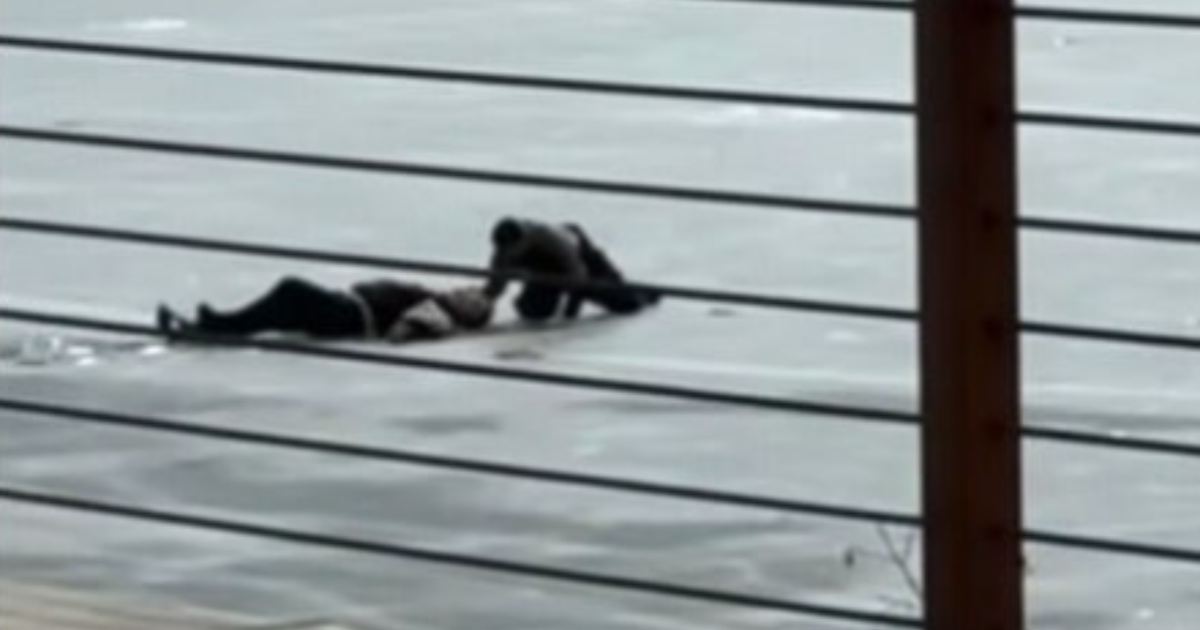In Dallas suburbs, Friday Night Lights make way for cricket
FRISCO, Texas (AP) — With the ornate spires of the Karya Siddhi Hanuman Temple anchoring the skyline behind them, a cricket batsman and bowler eyed each other across a brown grass field. Amid gusty winds, players waiting to bat watched intently from nearby bleachers.
No, this is not a scene in India, where cricket became a national obsession after arriving on the wings of British colonialism. Try North Texas, where Friday Night Lights have made way for weekend afternoons on the pitch.
Welcome to the new Lone Star State, where cricket matches, a Hindu temple and Indian grocery stores co-exist with Christian churches, cattle ranches and Jerry Jones' Dallas Cowboys empire. More than a decade of expansion has given the Dallas-Fort Worth Metroplex the largest Asian growth rate of any major U.S. metro area, in the nation's fastest growing state. According to U.S. Census Bureau figures, Indians account for more than half the region's Asian population boom, with the Dallas suburb of Frisco alone experiencing growth to rival Seattle and Chicago.
While some Texans still bleed football, a growing number bleed cricket.
Kalyan "K.J." Jarajapu, a temple volunteer watching the Frisco-sponsored cricket league match, said no one played cricket in Plano when he arrived in 1998, but four or five years later things started to change.
"I never imagined that there would be cricket for sure or there would be a cricket world like I saw back home in India here in (metro) Dallas," he said.
The share of Asians among the foreign-born in the U.S. has risen recently, from 30.1% during the 2012-to-2016 period to 31.2% in the 2017-to-2021 period, as the share of immigrants from Latin America and Europe has fallen, according to the American Community Survey.
Immigrants from South Asia believe they've found the best of East meets West in Frisco and other Dallas suburbs. They're living a new and improved American dream, with access to their preferred houses of worship, authentic food and a community radio station. But the dream also comes with painful realities about racism, assimilation and mental health challenges.
Texas-based disciples of Sri Ganapathy Sachchidananda Swamiji came together in 2008 to purchase a 10-acre (4-hectare) plot in Frisco and build a modest Hindu temple. Within three years, it was hosting hundreds of worshippers.
Jayesh Thakker, a temple trustee, said they raised enough money to build a 33,000-square-foot (3,065-square-meter) temple in 2015.
"They built it first as an American structure and then they 'Indianized' it," Thakker said.
New housing and schools soon followed. Laxmi Tummala, a trustee, temple secretary and realtor, says many of her clients settle for less just to live nearby so their families can be exposed to South Asian culture.
Outside Texas, the biggest sources of new Collin County residents were Los Angeles and Orange counties in California, with 1,600 residents and 1,000 residents respectively.
But almost 6,000 new residents in the area came from Asia.
The Islamic Center of Frisco has benefited, too. Its board is planning to more than double the size of the 18,000-square-foot (1,672-square-meter) mosque by 2024.
Azfar Saeed, the center's president, remembers that nearly two decades ago only 15 people came to pray in a 400-square-foot (37-square-meter) shopping center suite on any given day.
"At that time, nobody knew Frisco. People were like, 'Where are you going?'" said Saeed, who was born in Pakistan. By 2010, "people just started moving right and left here."
Where there is a large Asian population in the U.S., anti-Asian hate seems inevitable. In August, a woman's racist rant against four Indian American women in Plano was caught on video. She was later arrested.
"It was very sad and it was surprising," said Tummala, the temple's secretary. "But we definitely don't take that and say 'OK, everybody in Texas is like that.'"
Some have found outlets for talking about their struggles, including on the region's only South Asian radio station.
The app-based Radio Azad, in Irving, was started by Azad Khan in 2011, five years after he immigrated from Pakistan. The station broadcasts music and current affairs in multiple languages.
The anonymity of call-in radio on Azad — which means freedom in Hindi and Urdu — has allowed for difficult discussions. Nearly three years ago, CEO Ayesha Shafi started monthly mental health segments, and listeners embraced them. They've tackled assimilation, bipolar disorder and domestic abuse.
"You can talk about issues that you're facing and actually hear somebody who's like you, who understands where you're coming from and will actually listen," Shafi said.
Everywhere you look, South Asian cultures — and even politics — are merging into the Texas zeitgeist.
Scores of people joined recent protests in Frisco on behalf of Christians in India who claim a Frisco-based group supports Hindu nationalists threatening their churches.
On a more festive front, you can find a Diwali celebration in several Dallas suburbs around October or November. The commemoration of light over darkness was celebrated by more than 15,000 people in Southlake's town square.
Southlake Mayor John Huffman believes close to a fifth were non-Asians. He credits its success to the Southlake Foundation, a nonprofit that oversees cultural events and community service activities.
"I feel like they're setting the bar in a lot of ways," Huffman said. "They have been very intentional about telling their fellow South Asians to get out and engage in the community."
Back in Frisco during Diwali, dozens of families didn't let the pouring rain stop them from worshipping.
Cricket fan Jarajapu, directing cars, wasn't surprised so many came.
"I have seen the transformation of Frisco city," Jarajapu said. "It has become very vibrant with diversity, culture and especially a lot of Asians. I'm very proud to be living in Frisco."
